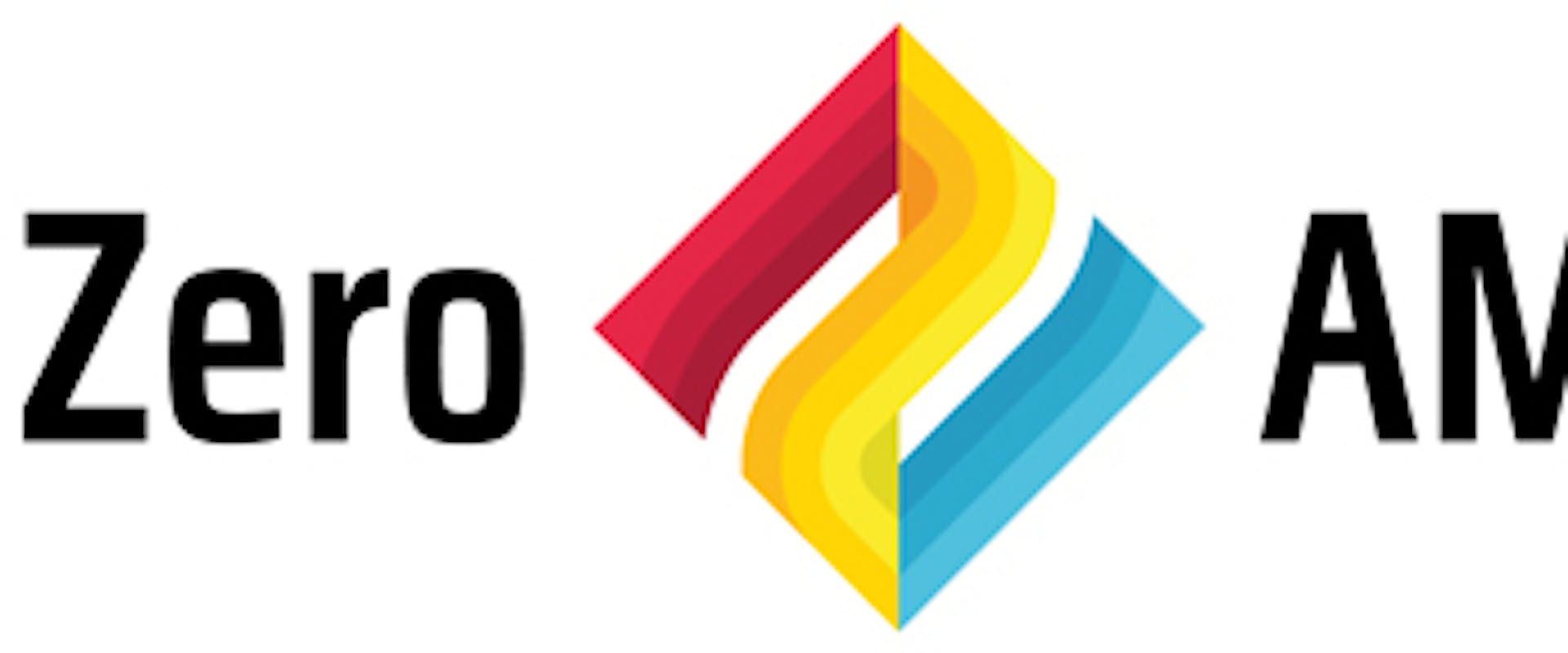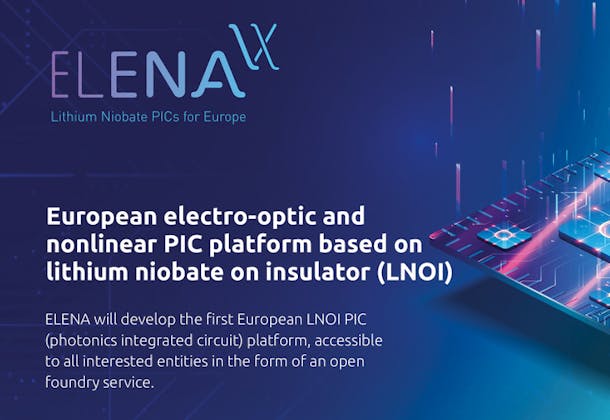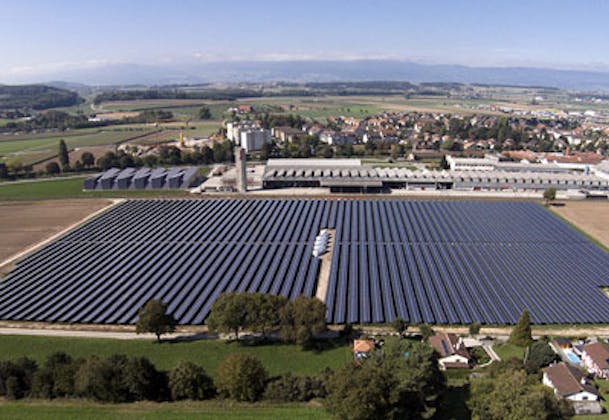April 16, 2020
Ultra-low power computing for everywhere, from the Arctic to AGA ovens
Electronics that can operate at high temperatures with very high energy efficiency are necessary to power future electric cars and aircraft, as well as Internet of Things (IoT) applications. On the other hand, superconducting quantum circuits need to operate at cryogenic temperatures. To serve both these emerging requirements, the EU-funded project ZeroAMP, in which CSEM is involved, will develop ultra-low power computing and memory, using nanomechanical switches that can survive extreme environments. The project will use novel materials, switch designs and circuit techniques along with advanced 3D stacking to maximize energy efficiency and environmental capability.



